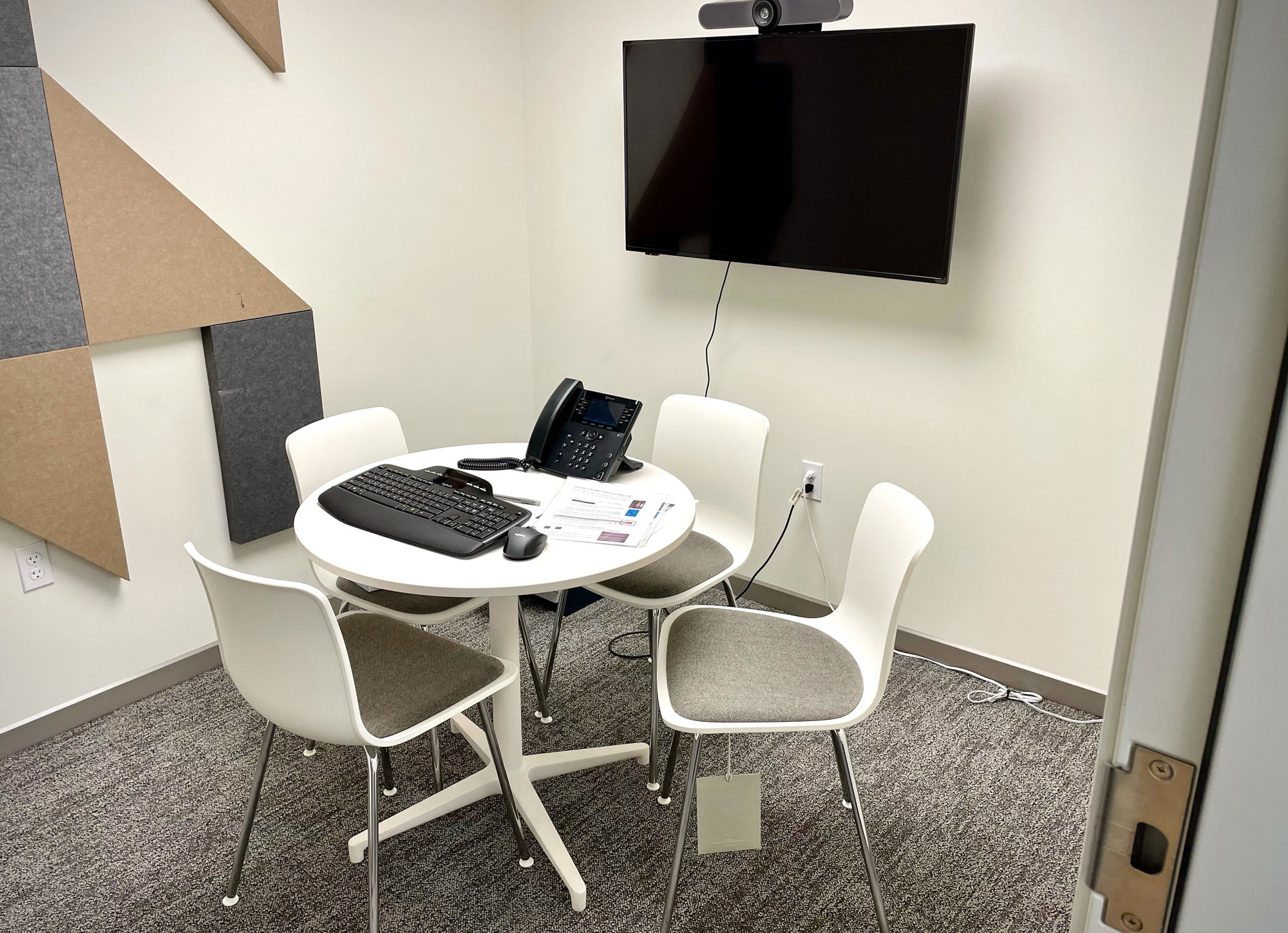The COVID-19 pandemic forced most Alaskans to rethink how they work, go to school and access services. While many Alaskans have long struggled to overcome barriers to accessing the justice system, the pandemic has thrown this issue into stark relief.
The Alaska Native Justice Center (ANJC) serves as a bridge between Alaska Native people and the justice system, advocating for justice and working in partnership with community and statewide agencies. Throughout the COVID-19 pandemic, thanks to innovative technologies, ANJC has worked expand the availability of its culturally based advocacy, intervention and prevention services, kept existing programs up and running, and even started new ones.
ANJC Unveils New Website
On May 5, ANJC celebrated its 28th year of providing services for Alaska Native people and others. The organization marked a second milestone that same week, launching a completely redesigned website aimed at making its programs and services more accessible to Alaskans with justice-related needs.
Funded through a community grant from the Rasmuson Foundation, the new website emphasizes confidentiality and easy connection to ANJC services. There is a “quick exit” button on every page of the website that allows visitors to quickly navigate away from anjc.org to maintain their safety and privacy. The website also features a calendar of ANJC events, social-media feeds, social-justice updates and a web-based application for services.
Now, individuals seeking justice service can go to anjc.org to easily access an array of justice-related programs, from advocacy for victims of domestic violence, to services for Elders and youth, to representation for Tribes involved in Indian Child Welfare Act cases. ANJC also offers adult and youth reentry services, as well as youth-development programming.
“In the first weeks after our soft launch, we immediately started receiving new web-based applications from people seeking services from our advocacy programs—all of it organic,” said ANJC Senior Director of Operations Tammy Ashley. “The amount of traffic we’ve already seen is mind-blowing. It tells us that there are many people looking for justice support.”
For more information or to submit an online application for services, visit anjc.org.
Court Kiosk Provides Virtual Access to Justice System

While COVID-19 has brought about many disruptive changes to how people operate in the world, improved access to the court system has been one of the bright sides. Exhibit 1: ANJC’s court kiosk—a private space that facilitates virtual court appearances, electronic filing and more—is part of a greater effort to make it easier for everyone to interact with the courts.
Located inside the Cook Inlet Tribal Council (CITC) Nat’uh Service Center, the court kiosk is unique resource for anyone who needs to appear in court virtually, work on legal documents or electronically file with the State of Alaska Court System. The kiosk is also available for CITC and ANJC staff who must testify in court.
The room is outfitted with a telephone, Bluetooth technology, a printer/scanner, and a Mondo pad with camera, keyboard and mouse. Staff are available for some technological assistance, while CITC/ANJC staff working with specific participants will be responsible for helping those individuals with questions about their case or court needs.
“Throughout COVID, it’s been clear that people are not able to go to the courthouse to file things,” said ANJC Policy and Legal Director Alex Cleghorn. “Many more pleadings are filed electronically now; people, especially rural Alaskans, are appearing in court by phone more often.”
The Court Kiosk is open during regular business hours by appointment and on a first-come, first-served basis. To schedule time in the room, call (907) 793-3467.
Thank you to CITC’s Jamey Bradbury for contributing to this article.



